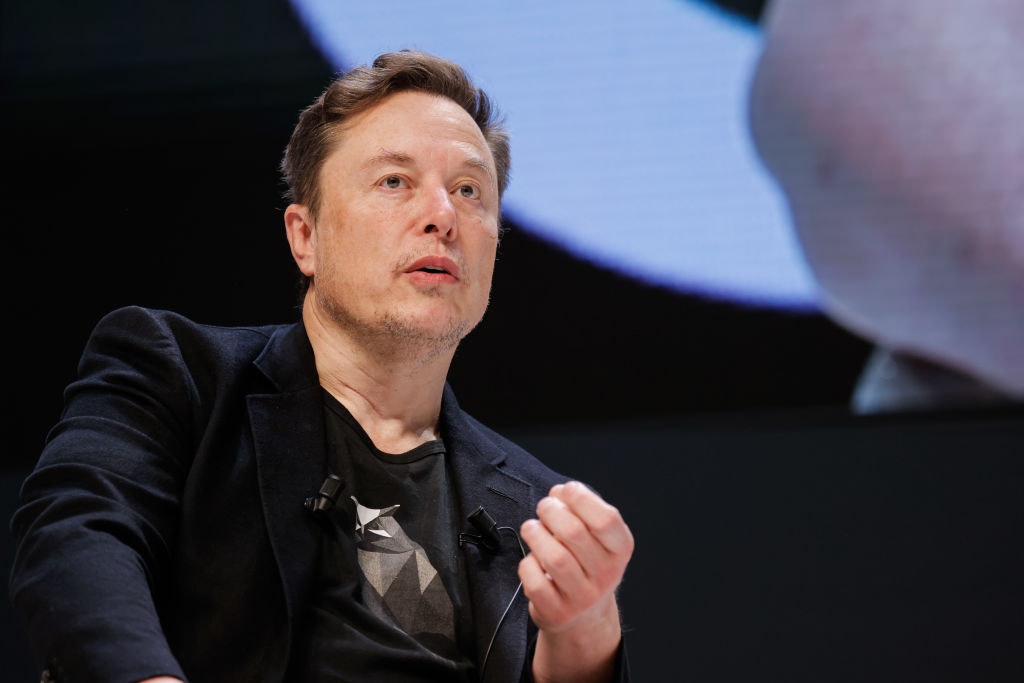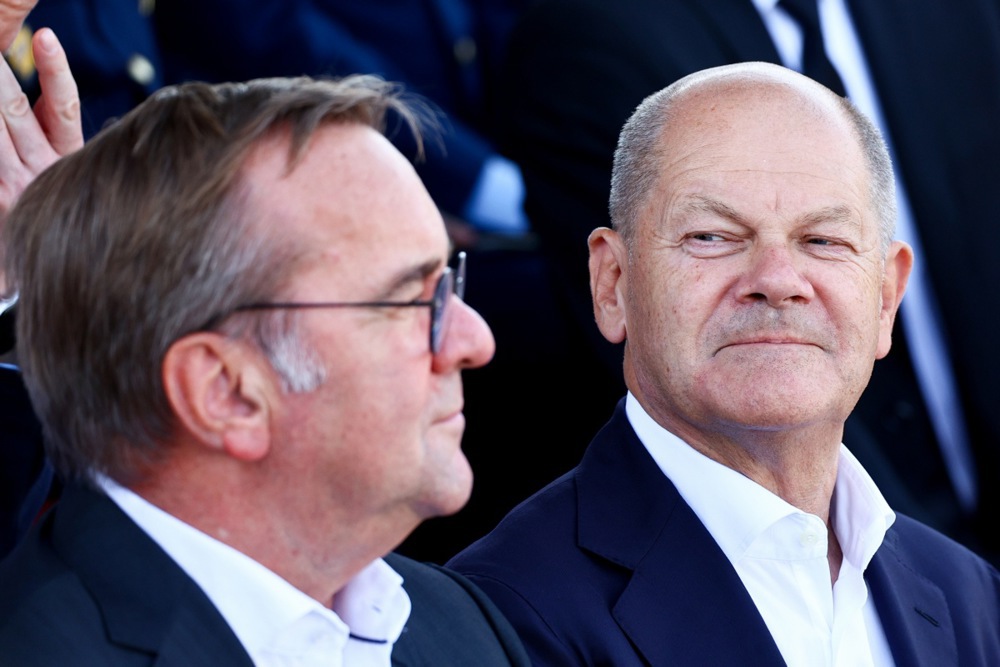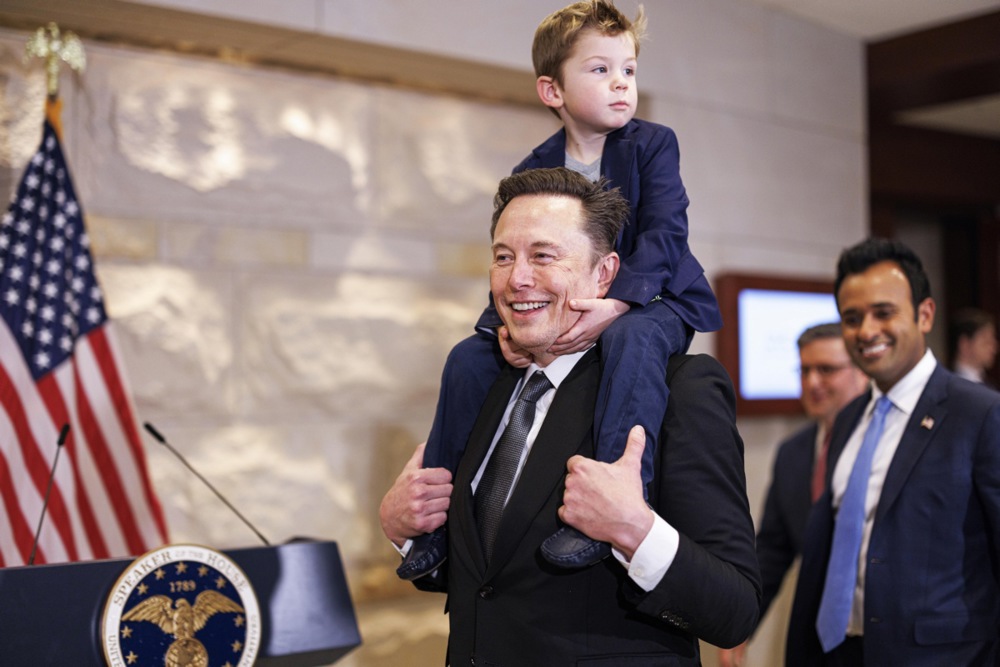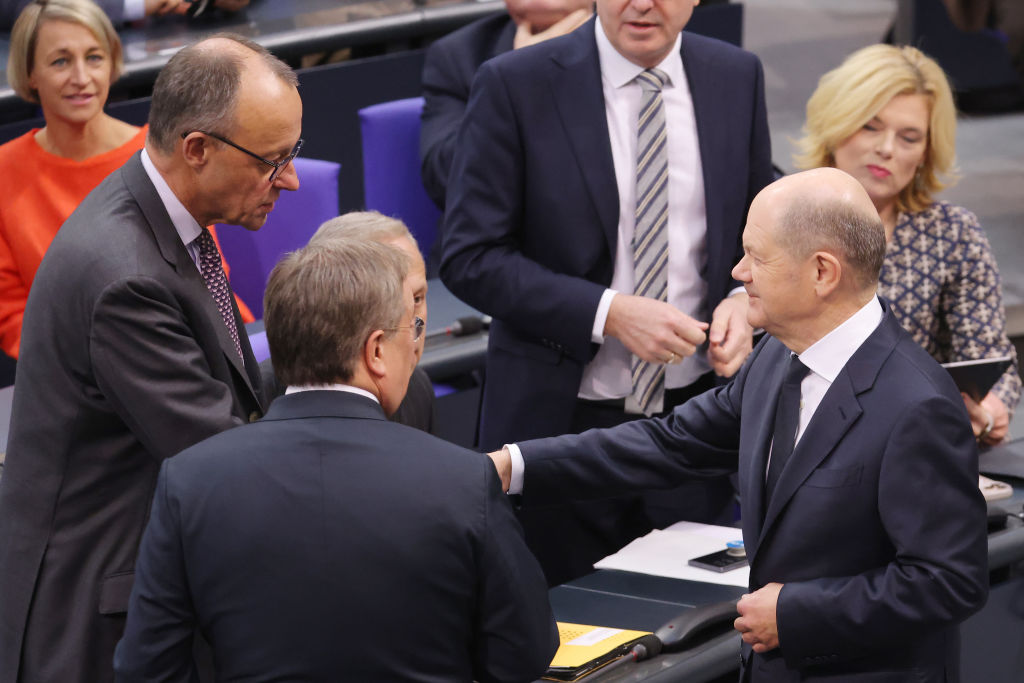US tech billionaire Elon Musk has faced criticism from German politicians after expressing support for the right-wing party Alternative for Germany (AfD) in an opinion piece.
Friedrich Merz, leader of the opposition Christian Democrats, called it “interference in an ally country’s election campaign”.
Musk’s controversial commentary, published on December 28 in Welt am Sonntag, has sparked outrage across Germany’s political spectrum. Merz, the leading contender to succeed Chancellor Olaf Scholz in the upcoming elections in February, described Musk’s remarks as “intrusive and pretentious”. He stated he could not recall a comparable instance of “outside influence” in a democratic nation’s electoral process.
In his guest commentary, Musk expanded on a post on social media platform X, in which he claimed that “only the AfD can save Germany”. He defended the party, criticising its portrayal as a right-wing extremist group. The tech mogul also argued that party leader Alice Weidel’s same-sex partnership with a Sri Lankan national disproved such claims.
AfD was classified as a suspected extremist group by Germany’s domestic intelligence agency in 2021.
Musk’s intervention has raised alarm among government officials and opposition leaders, with Merz stressing that Germany’s election process must remain free from foreign influence.

“It is highly inappropriate for a foreign billionaire to try to interfere in our national politics,” Merz said in an interview, claiming that the move was unprecedented in the history of Western democracies.
Saskia Esken, co-leader of Scholz’s Social Democrats (SPD), also voiced strong disapproval, accusing Musk of viewing democracy and workers’ rights as “obstacles to his pursuit of profit”.
“We say clearly: Our democracy is defensible and it cannot be bought,” Esken said, vowing to fight any attempts by influential individuals or state actors to manipulate Germany’s political landscape.
Musk’s commentary also prompted a response from Welt am Sonntag‘s editorial team. Eva Marie Kogel, the newspaper’s opinion section editor, resigned in protest shortly after the piece was published.
In defence of the decision to print Musk’s controversial piece, Jan Philipp Burgard, the newspaper’s editor-in-chief designate, stated that democracy and journalism thrived on the freedom to express polarising positions. He did acknowledge that Musk’s call for the AfD to “save Germany” was “problematic”.
Musk, who has also defended his right to weigh in on German politics due to his “significant investments” in the country, claimed that Germany’s current political climate was unsustainable without a shift toward deregulation, lower taxes and less government interference.
Many critics, including Burgard, countered that the AfD’s proposals — such as exiting the European Union, moving closer to Russia and appeasing China — were far from solutions to Germany’s challenges.
As the country prepares for elections on February 23 following the collapse of Scholz’s coalition government, the AfD has remained a strong contender, currently second in most recent polls.
The rise of the AfD threatens to upset the balance of power, experts have said, with Germany’s mainstream parties pledging to reject any collaboration with the far-right group at the national level.
Elon Musk, billionaire tech magnate turned potential US government official, has ignited controversy in Europe after publicly endorsing Germany’s populist-right Alternative for Germany (AfD) party. https://t.co/7sYLK2Si6v
— Brussels Signal (@brusselssignal) December 23, 2024





The world’s economic blocs ready to choke the flood of German exports